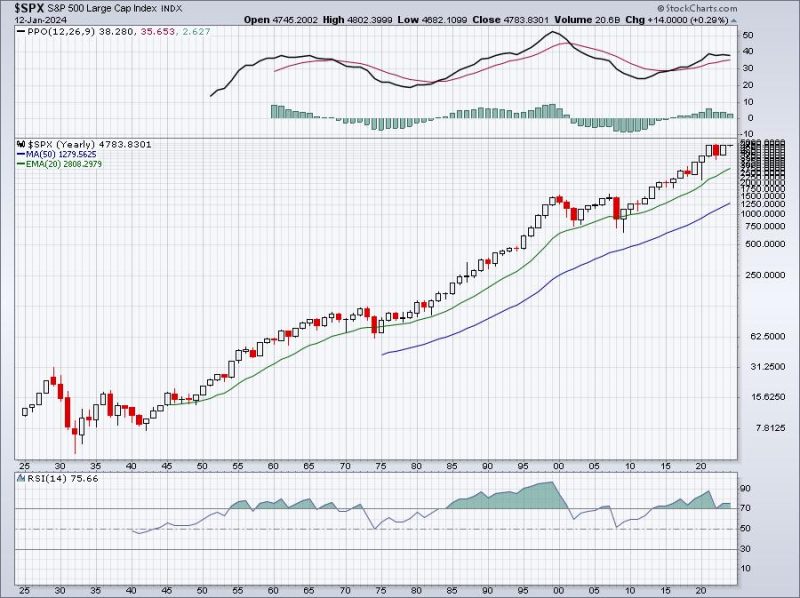The world of technology stocks is often an enticing field. With the rapid speed of advancement, technology companies can rise to prominence quickly, making hasty millionaires of their investors. The stories of tech companies such as Apple, Amazon, or Tesla capturing the public’s eye and rocketing those who had the foresight to invest early into wealth are legendary. However, a realistic look into the history and perspective of this sector suggests a need for more tempered expectations when delving into tech stocks.
When looking at the tech world’s history, one must consider that the monumental success stories of certain companies aren’t quite the norm. Microsoft and Apple are spectacular examples of tech startups morphing into global conglomerates, but they are anecdotes amidst a sea of failed companies. For every Microsoft, there are scores of tech firms that never make it to their fifth year, let alone become industry leaders.
Consider the dot-com bubble of the late 1990s. The explosion of the internet spawned a slew of technology-based companies. Entrepreneurs and investors piled into these new ventures, blindly hoping to capitalize on what seemed to be a limitless potential of the digital age. As we now know, this led to an over-inflated market bubble that burst in the early 2000s, leading to significant financial loss for many involved.
In a similar vein, the 2020 tech boom driven by quarantine and global lockdowns saw a significant inflation in tech stock prices. Remote work necessities, increased online purchasing, and the digitalization of almost all sectors temporarily balloomed tech company evaluations. However, many predict that, with the eventual return to normality, there may be a market correction that could impact investor portfolios.
Perspective is another critical factor when forecasting expectations in this sector. Tech stocks often surge based on future potential rather than current performance. This future projection creates an inflated sense of value around a stock, raising its price disproportionally to its actual worth. This speculative investment is risky, as it ultimately relies on the tech company delivering on that potential, which isn’t always a guarantee.
Even in the tech giants, there exist uncertainties. Companies that nowadays seem unstoppable, such as Facebook or Google, face potential restrictions and regulations. With rising concerns about data privacy and calls for the breakup of tech monopolies, even the most mammoth tech companies could see their growth stunted in an instant.
It’s also important to remember that not all technological innovations lead to profitable ventures. Certain technologies, like virtual reality or machine learning, while impressive and revolutionary, have yet to translate into solid investment opportunities consistently. Predicting the practical and commercial application of emerging technologies is a challenging endeavor that could lead to either fantastic rewards or disastrous outcomes.
Therefore, while these stocks can yield incredible results, they come with a higher level of risk and uncertainty. Investors are often attracted to tech stocks due to their rapid growth potential, but it is essential to approach them with a realistic understanding of the sector’s history and perspective. Looking beyond the hype and understanding this can lead to more informed decisions, help manage expectations, and hopefully lead to more stable and consistent investment outcomes.
In conclusion, while the lure of the tech sector is undeniably tempting, nothing, not even in this fast-paced sector, is a guaranteed success. A comprehensive understanding of the history and perspective of tech stocks helps temper expectations and foster a more prudent approach to investing in this volatile and occasionally unpredictable sector. Remember, trends may come and go, but solid investing principles, coupled with an investor’s patience and prudence, will always stand the test of time.
When it comes to tech stocks, let history guide your expectations and perspective shape your decisions. The success stories should encourage us, but the failures should remind us to, above all else, remain strategic, vigilant, and realistic with our expectations.

